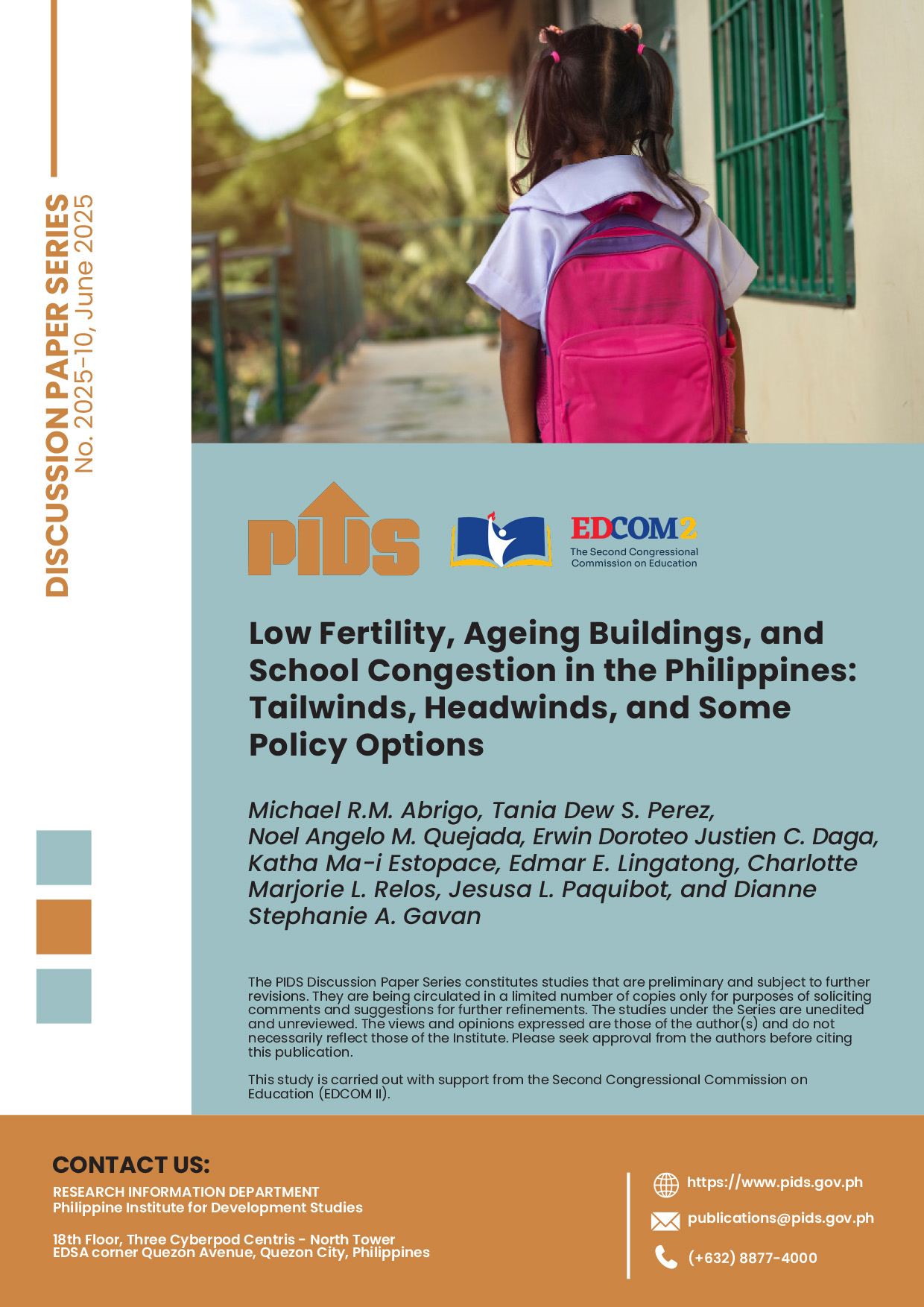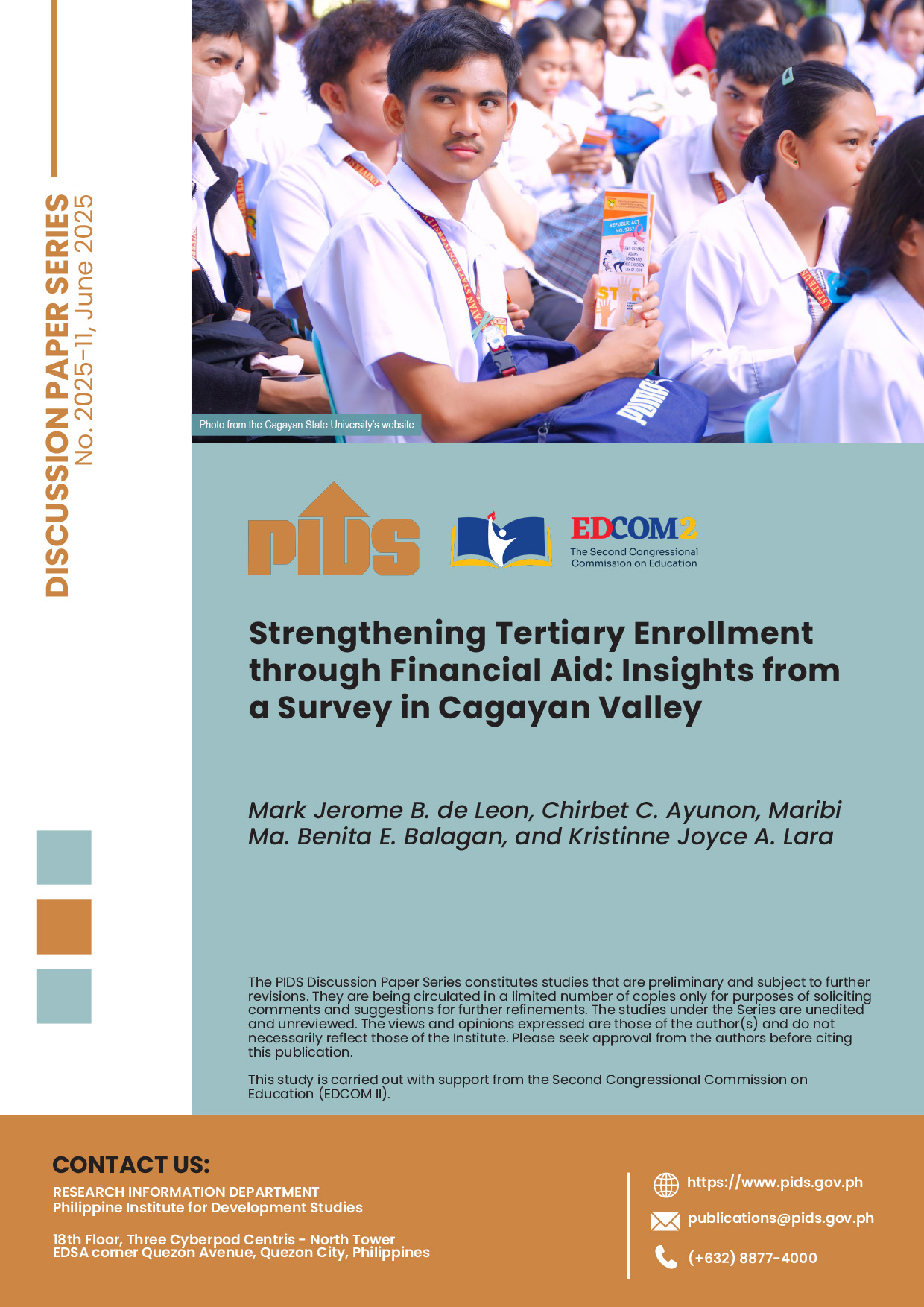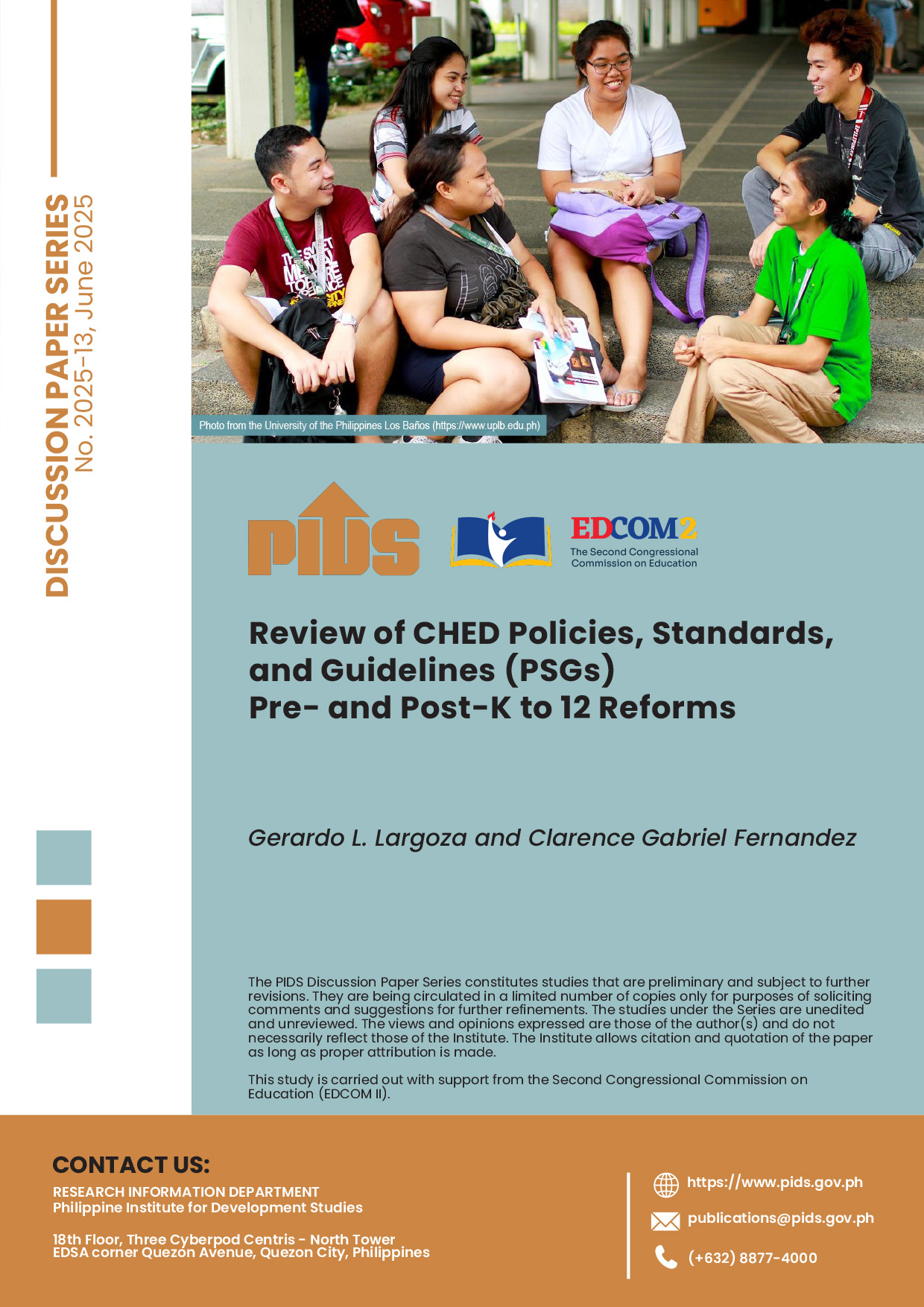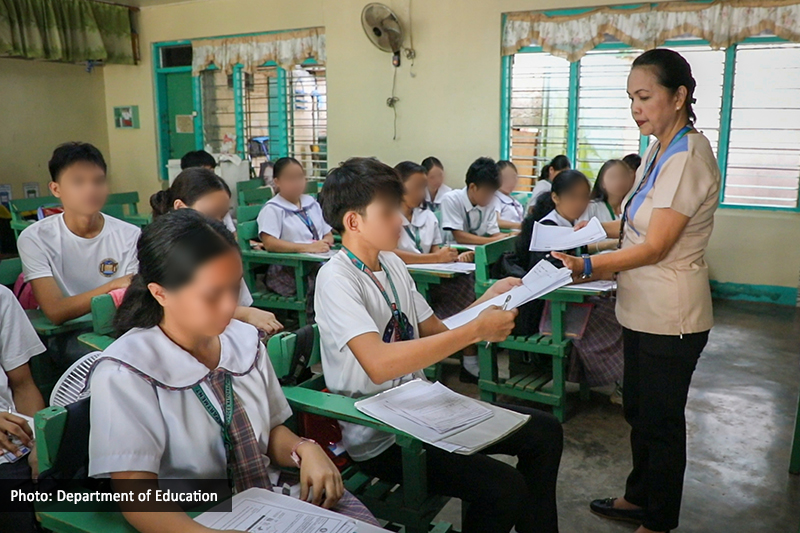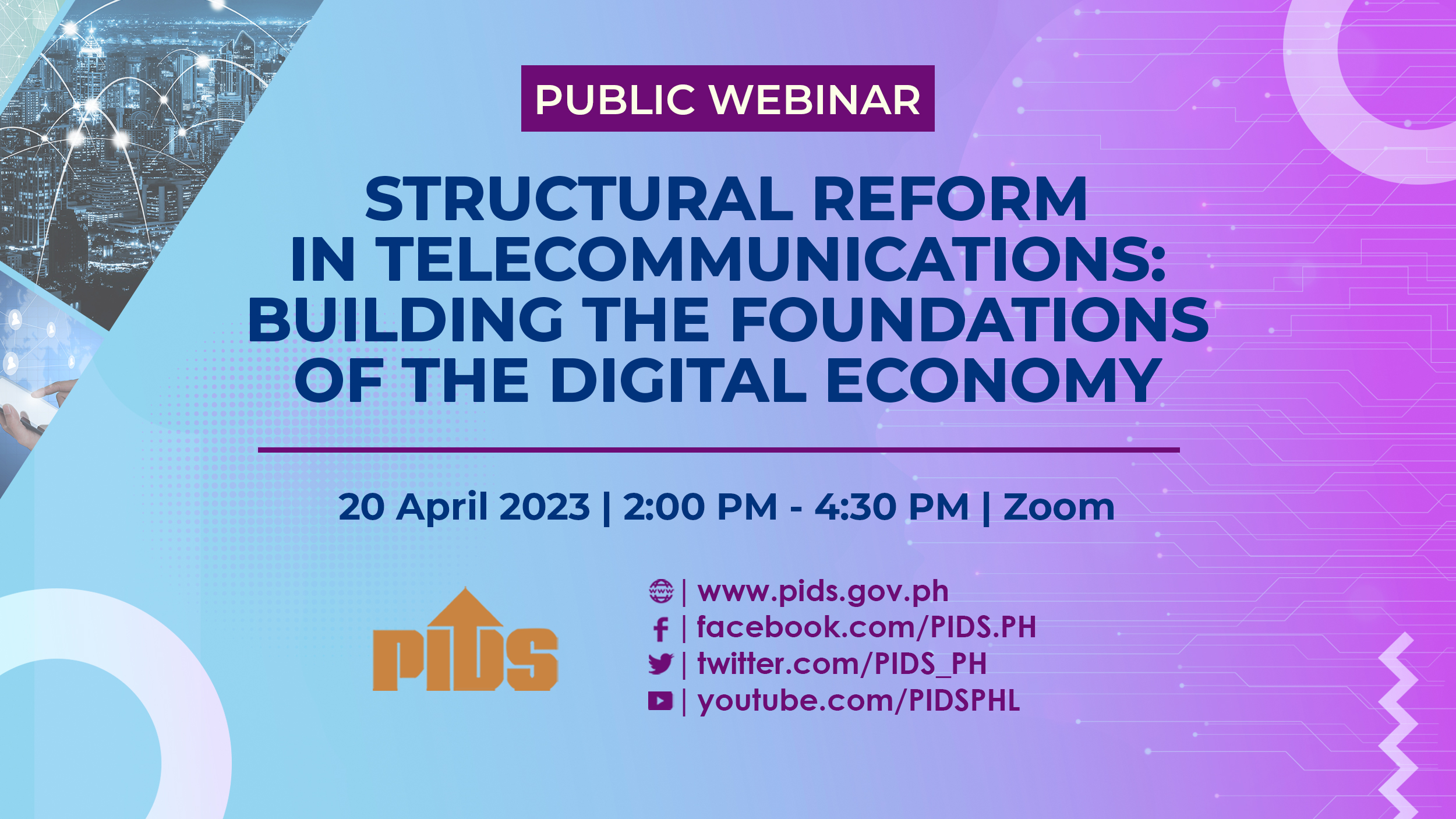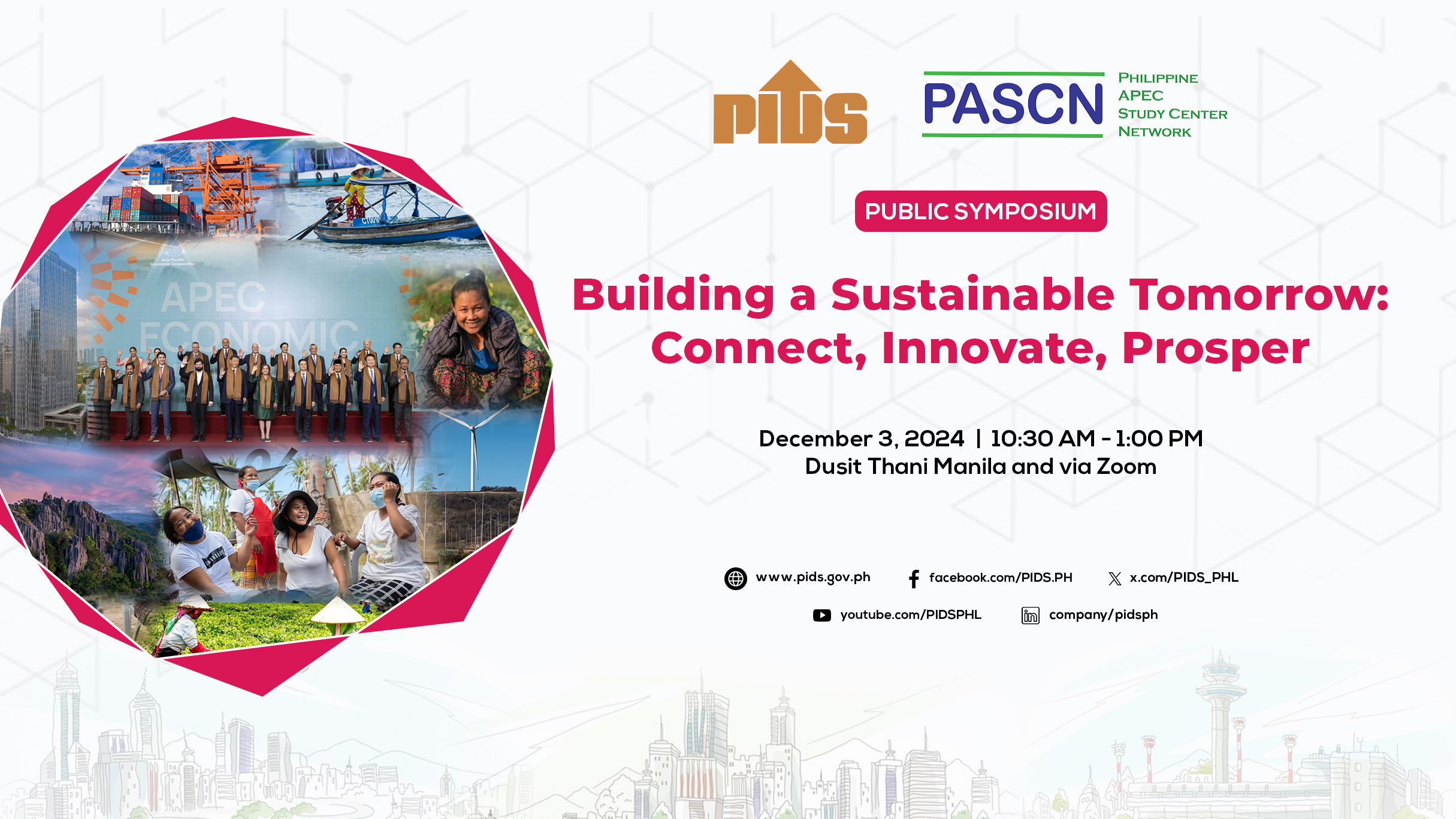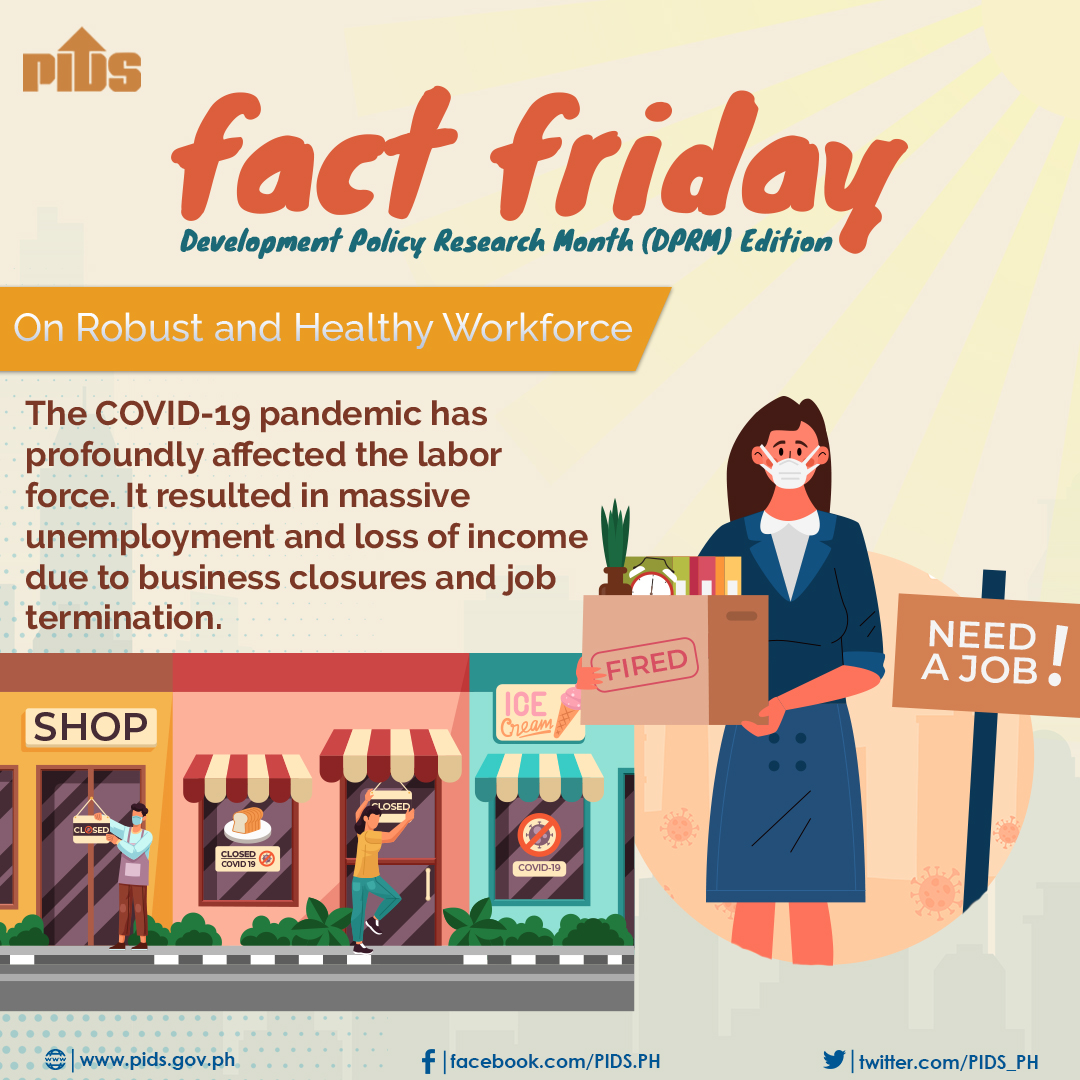It feels like it was only yesterday when the Philippine Institute for Development Studies (PIDS) forecasted back in 2020 that the country will need 1.8 million engineers by 2025. 2025 is the “here and now” and five years since the forecast, engineering remains to be one of the drivers of the Philippine economy. In fact, the Department of Trade and Industry-Board of Investments (DTI-BOI) is targeting to produce 128,000 engineers and technicians for the semiconductor and electronics industry alone by 2028. This clearly shows an increasing domestic demand for engineers.
However, there are challenges to deal with to fill the demands of engineering work in the country. It is influenced by many different factors that impact the situation in complex ways. As cited in the PIDS report, there is still a need for the country to address skills gaps, STEM education challenges, and the perceived lack of opportunities in the country resulting in talent migration.
As president and CEO of the leading institution in engineering education, I take pride in Mapúa University consistently ranking among the top producers of engineering graduates in the Philippines and as one of the most preferred institutions by employers (Jobstreet by Seek, 2023). It is even more valuable to note that Mapúa University has a deep commitment to create positive impact on society. Addressing gaps in specialized skills and strengthening STEM education in the country are well within our territory of influence to help build the current and future engineering workforce in the Philippines.
To start with, we’re staying true to our nature as the home of world-class engineers in the country by building the foundations through our Senior High School STEM (Science, Technology, Engineering and Mathematics) curriculum and STEM Teach which ensures early and equitable access to quality STEM education by training hundreds of Junior and Senior High School teachers nationwide.
Mapúa, known as the premier engineering and technological school in the country, houses the greatest number of engineering programs including Chemical Engineering, Civil Engineering, Computer Engineering, Electronics Engineering, Electrical Engineering, Mechanical Engineering, Environmental and Sanitary Engineering – recognized as Centers of Excellence by the Commission of Higher Education (CHED). The institution also offers comprehensive Master of Engineering, Master of Science and Doctor of Philosophy programs to upgrade one’s expertise in this field.
As part of the academe, Mapúa contributes to firming up the future of engineering structured around a comprehensive strategy of implementing these initiatives: future-ready college programs, career readiness framework, and artificial intelligence (AI) and sustainability integration.
First, we have future-ready programs in place through ABET (Accreditation Board for Engineering and Technology)-accredited engineering programs, double degree tracks, and digital learning platforms which ensures that our graduates are globally competitive and locally impactful.
Second, we have what we call the “The T⁴ Career Readiness Framework” which equips students with disciplinary expertise, transferable skills (e.g., leadership, AI literacy, systems thinking), industry-recognized credentials, long-term projects, and immersive internships – all preparing them for complex challenges across sectors.
Finally, as AI reshapes industries and professions, Mapúa is leading the way in reimagining engineering education in the age of AI. We are the first university in the country to offer a Bachelor of Science in AI Engineering – an innovative program that blends core engineering principles with machine learning, data science, and intelligent systems. More than just training students to use AI, we emphasize our Co-Intelligence approach: learning about AI, learning with AI, and working alongside AI to solve real-world problems. This mindset is embedded across disciplines, empowering students and faculty members to become adaptive and future ready.
In parallel, we continue to champion sustainability through the Mapúa Institute for Global Sustainability (IGS), a pioneering center that integrates research, education, policy, and operations to address pressing issues in urban resilience, green innovation, and resource management. With AI and sustainability as core pillars of our academic direction, we are preparing engineers not just for the jobs of the future – but for the global challenges that demand smart, ethical, and sustainable solutions today.
By combining technological depth with innovation literacy and experiential learning, Mapúa empowers future engineers to lead in fast-changing industries and contribute meaningfully to digital and sustainable transformation. Together, these initiatives position Mapúa as a catalyst for building a resilient, innovative, and sustainable engineering workforce for the country and beyond.
But perhaps among the aforementioned issues on building the country’s workforce, the biggest challenge would have to be talent migration. It is a reality that the industry has been facing.
Don’t get us wrong, Mapúa fosters an environment of global excellence and will continue to do so. We train and equip the next generation of engineers with abilities and expertise needed by various industries here and abroad.
In a highly competitive labor market, Filipino engineers are unquestionably among those in demand and widely respected in global industries due to their (1) technical competence, often entrusted with supervisory or project management roles; (2) adaptability and collaboration, thriving in multicultural and high-pressure environments; and (3) strong foundational training as provided by institutions like Mapúa University where a blend of technical, digital, and ethical preparations are emphasized.
Opportunities abound for Filipino engineers globally and the solution I am proposing is not to discourage mobility at all, but to call for relevant stakeholders, industry players and the government to work together and help make staying and serving in our country a rewarding and a more compelling option.
Retaining talents in the country is going to feel like an uphill battle but I’m here to humbly offer my two cents on why working in the Philippines as an engineer also has its own merits and rewards.
To begin with, engineering students and graduates can explore future-ready industries and adapt to the evolving landscape without leaving home and their loved ones. Moreso, there are a number of emerging domestic opportunities to look at. These opportunities include one in public infrastructure to support government programs like Build Better More, a massive and nationwide infrastructure development program intended to boost connectivity and national economy. There are also prospects on the Philippines’ growing green and digital economies particularly in renewable energy, AI, data engineering and climate technology.
In response to these needs, Mapúa offers forward-looking programs such as the Bachelor of Science in Energy Engineering – the first and only in the country – which equips college students with the expertise to address the technical and environmental challenges of the energy sector. Engineers are also increasingly needed in areas like policy, consulting, and community development – especially through interdisciplinary centers that involve engineers in shaping sustainable development solutions.
Apart from exploring emerging opportunities in the country, engineers are more likely to stay when they see purpose and impact in their work, experience growth and recognition for their contributions, and engage in innovation ecosystems that are collaborative and forward-looking. Mapúa cultivates these conditions and inspires students by sharing the success stories of local engineers making a difference in our country, embedding sustainability and civic engagement in our learning environment, promoting national development through tech-driven learning, and by equipping our graduates with the mindset and tools for transformation.
By empowering our graduates with key skills and a heart to serve the nation, we invite them to build the future – right here at home. – Rappler.com

